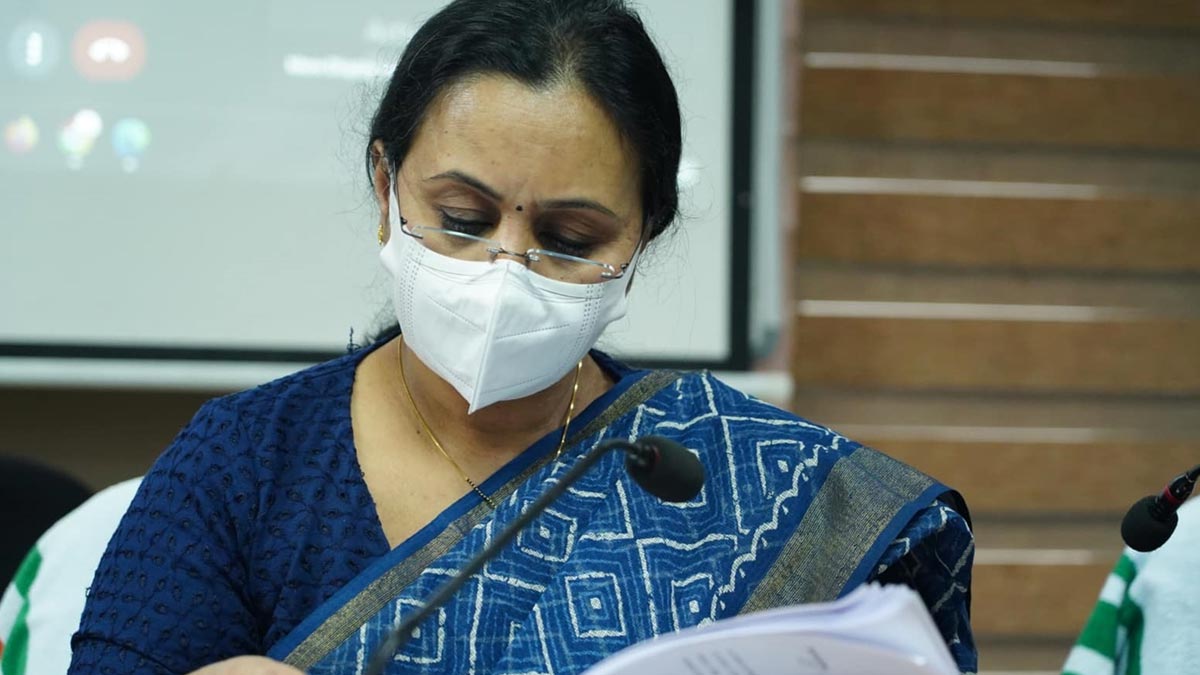
Kerala, a state in southern India, is currently grappling with a significant health crisis following an outbreak of hepatitis A. Health officials have issued alerts in four districts—Malappuram, Ernakulam, Kozhikode, and Thrissur—as the number of cases continues to rise alarmingly. The situation has prompted urgent measures to contain the spread and protect the population from this highly contagious liver infection.
Table of Content:-
The Situation in Kerala
Since the beginning of the year, Kerala has witnessed a surge in hepatitis A cases, surpassing previous annual records. The outbreak has claimed 12 lives so far, highlighting the severity of the situation. Kerala Health Minister Veena George emphasised the need for grassroots-level interventions, stating that comprehensive action plans are being strengthened across the affected districts to combat the outbreak.
The Kerala health department has intensified efforts to monitor and regulate water and food sources, which are primary transmission vectors for hepatitis A. Measures include chlorinating water sources in affected areas and ensuring that restaurants provide only boiled water. Additionally, eateries are undergoing inspections to verify that all employees possess the mandatory health cards, a crucial step in preventing the spread of the virus through food handlers.

In particularly hard-hit areas like Chaliyar and Pothukallu in Malappuram district, local authorities have developed detailed action plans. These plans focus on enhancing prevention and awareness activities, with the goal of curbing the spread of hepatitis A and educating the community about necessary precautions.
Understanding Hepatitis A
Hepatitis A is one of the five known strains of the hepatitis virus, which causes inflammation of the liver. The virus is particularly concerning due to its ease of transmission and the serious health complications it can cause. The other common strains are hepatitis B and C, but hepatitis A stands out because of its transmission route and the typically acute nature of the infection.
Transmission of Hepatitis A
As per Dr Gaurav Gupta, Senior Consultant & Chief Surgeon - Liver Transplant & HPB Surgery, Fortis Hospital, Mulund, the hepatitis A virus (HAV) is primarily spread through the faeco-oral route, making it a highly contagious infection. This means that the virus is excreted in the stool of infected individuals and can contaminate food or water if proper hygiene practices are not followed.
Also Read: ICMR Releases Diet Guidelines For Women Who Do Not Exercise Regularly
Key Transmission Routes
Contaminated Food and Water
One of the most common ways hepatitis A spreads is through the consumption of food or water contaminated with the virus. This can occur when an infected person does not wash their hands properly after using the restroom and then handles food or drink. The virus can also contaminate food sources directly, such as raw oysters harvested from sewage-polluted waters.
Close Personal Contact
Hepatitis A can also be transmitted through close personal contact with an infected person. This includes household contacts and sexual contact. The virus can spread when an infected person’s stool contaminates surfaces, and another person touches those surfaces and then their mouth.
Improper Hygiene
Poor hygiene practices, such as not washing hands thoroughly after using the bathroom, play a significant role in the transmission of hepatitis A. This is especially problematic in crowded living conditions or places with inadequate sanitation.
Shared Utensils and Surfaces
Sharing eating utensils or touching contaminated surfaces and then placing hands near the mouth can also facilitate the spread of hepatitis A. This emphasises the importance of maintaining strict hygiene standards, especially in communal living spaces and dining facilities.
Preventive Measures
To mitigate the spread of hepatitis A, it is crucial to adopt rigorous hygiene practices. Regular handwashing with soap and water, particularly after using the bathroom and before handling food, is essential. In areas prone to outbreaks, ensuring safe drinking water and proper sewage disposal are vital public health measures. Vaccination against hepatitis A is also an effective preventive strategy, offering long-term protection against the virus.
Bottomline
The hepatitis A outbreak in Kerala serves as a stark reminder of the importance of public health vigilance and the implementation of robust hygiene practices. With coordinated efforts from health authorities and the community, it is possible to contain the outbreak and prevent future occurrences. Understanding how hepatitis A is transmitted and taking proactive steps to prevent its spread is crucial in safeguarding public health and ensuring the well-being of all residents in the affected regions.
Also watch this video
How we keep this article up to date:
We work with experts and keep a close eye on the latest in health and wellness. Whenever there is a new research or helpful information, we update our articles with accurate and useful advice.
Current Version